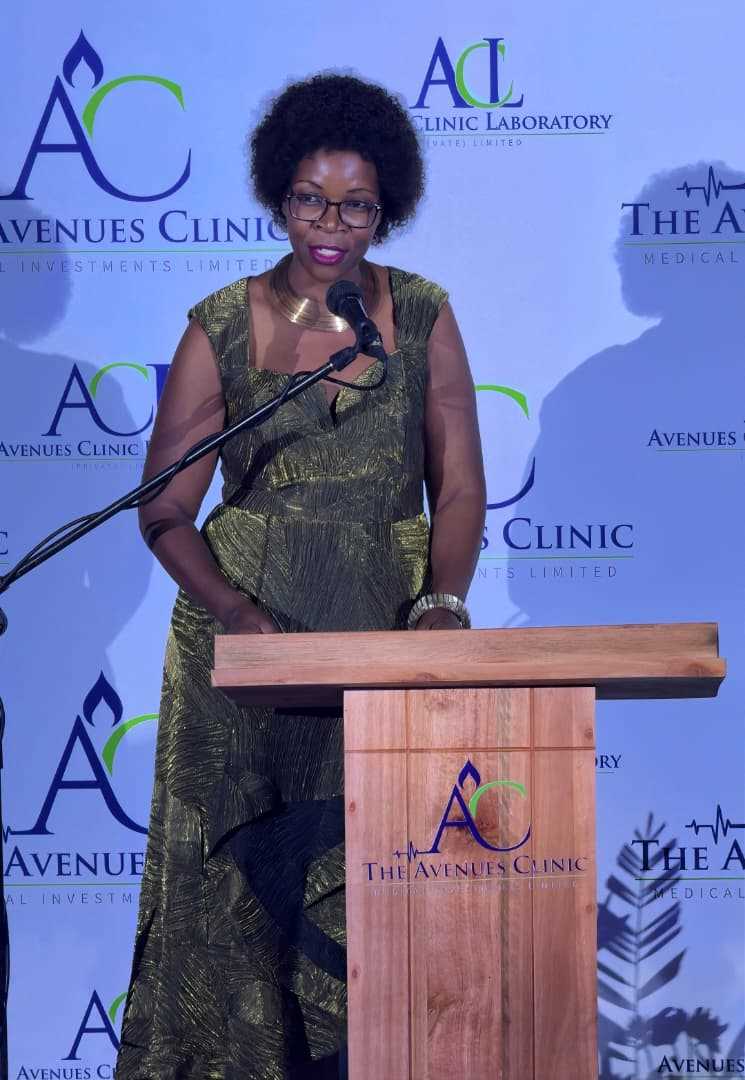
Munyaradzi Blessing Doma
Zim Now Correspondent
Zimbabwe’s village health worker system is something that the world can learn from, as it has been able to bring services closer to the people, a World Health Organisation expert has said.
Doctor Prebo Barango, the Cross Cutting Lead for NCDs (Non-communicable diseases) and Special Initiatives, at WHO Headquarters, said the arrangement can really be a game-changer in Zimbabwe’s rural communities, as it had really helped in the country’s fight against cervical cancer.
Dr Barango revealed this recently after he and his colleagues had toured Umboe Clinic in Makonde District, Mashonaland West Province, where the role of the village health worker was heavily attributed to helping women can screened for cervical cancer.
The team from WHO was in the country on a programme dubbed Charting the Path, Eliminating Cervical Cancer in Zimbabwe.
“There is a lot of work that the country is doing through the village health worker arrangement.
“And we were able to see at the health facility (Umboe Clinic) the self-sampling option where the village worker takes the samples to the women; women do the test and bring them so they don’t have to travel long distances.
“I think it’s something that is a great example that Zimbabwe can share with the world.
“If we can put this to scale, it’s actually going to be a game changer,” said Dr Barango.
Related Stories
Minister of Health and Child Care, Dr Douglas Mombeshora, shared similar sentiments saying village health workers remain key in the health delivery system.
“The village health worker is the cadre that is in the community, right at the beginning of the whole chain. And those are very key in educating the communities about screening, about the vaccination of the young girls and about going to the health facility to seek attention.
“We have about 19 000 to 20 000 village health workers and we have made a decision that we need to increase these to 40 000 by the year 2028. We cannot do it over night, so we have taken a phased approach so that at least when we have 40 000, that is what we have calculated to say, these will be adequate to cover all of our villages,” said Dr Mombeshora.
Jullian Chirenda, a village health worker from Makonde District said she was trained in October last year, to encourage women to get tested for Human Papillomavirus and also self-tests for sample collection.
She revealed that she does door to door visits in one village, providing health educating to the women on what cervical cancer is all about, the dangers and how important it is to get screened.
And once the women have been equipped, she revealed that she goes on another day to encourage them to get screened, using the self-test kits.
“I have managed to help test 79 women in the village where I work in and of that number, nine were found to be HPV positive and they were brought here to the clinic for VIAC (Visual Inspection with acetic acid and cervicography) and two are awaiting to go for Leep procedure at Chinhoyi Provincial Hospital,” added Chirenda.
It is reported that while cervical cancer is preventable and treatable, Zimbabwe continues to lose 2 000 women to the disease every, hence there is need for more consented efforts to fight this scourge.
And it is also estimated that 3 000 new cases are diagnosed each year as the country is ranked fourth globally and in the region.



















Leave Comments